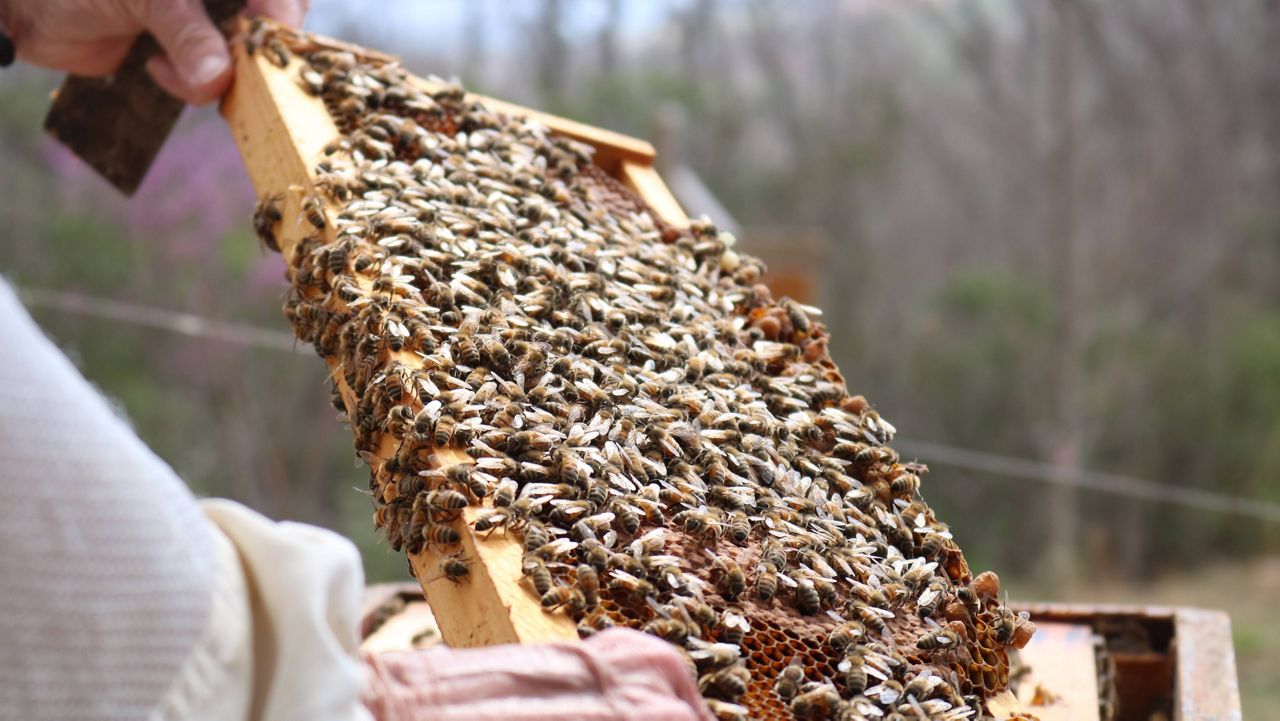DURHAM COUNTY, N.C. — This time of year is busy for all of us, including farmers who are helping get turkeys on the table for Thanksgiving.
According to North Carolina’s Poultry Foundation, poultry is the No. 1 agricultural industry in North Carolina with over 5,700 farm families producing poultry and eggs.
And while many farms are processing their birds here in-state, that could change in the new year.
What You Need To Know
Poultry is the No. 1 agricultural industry in North Carolina
Over 5,700 farm families produce poultry and eggs across the state
Many farmers process their own birds on-site or bring them to other farms to have the work done
A special exemption for processing birds will expire at the end of 2022, meaning some farmers need to either process their turkeys on-site or drive to the nearest processing plant in South Carolina if they lack equipment
Poultry is the No. 1 agricultural industry in North Carolina
Over 5,700 farm families produce poultry and eggs across the state
Many farmers process their own birds on-site or bring them to other farms to have the work done
A special exemption for processing birds will expire at the end of 2022, meaning some farmers need to either process their turkeys on-site or drive to the nearest processing plant in South Carolina if they lack equipment
The owners of Bull City Farm are husband and wife, Scott Stirrup and Samantha Gasson. The couple raised 400 turkeys to sell this year.
They process the birds on-site, which involves cleaning, de-feathering and other steps to get the turkeys ready for purchase.
They decided to do this work on site after November 2017, when, according to The Associated Press, North Carolina’s only USDA organic pasteurized poultry processing plant closed down near Asheville. It left many farmers in a bind as the holidays quickly approached.
“They just shut the doors, [and] everyone who was on a list got an email saying, ‘hey we are closed so we can’t process your birds this year,’” Gasson said.
For the past four years, under an exemption, farmers have been able to get their birds processed at other farms, but that is changing in January.
“You have to process on-farm, or you have to drive to South Carolina to get your birds processed,” Gasson said. “There is no in-between.”
Gasson says adding the equipment needed to process birds on-site can be expensive, especially for farmers who are just starting out. Gasson and Stirrup bought all their equipment new, costing them around $15,000.
It’s why she hopes a new organic poultry processing plant opens in North Carolina, to encourage more folks to get into the business.
“The more of us there are out there, the more likely we are to bring people in,” Gasson said. “Ultimately, you don’t have to buy my bird, but I want you to buy a pasture-raised bird. I don’t want you buying a Butterball.”








)

